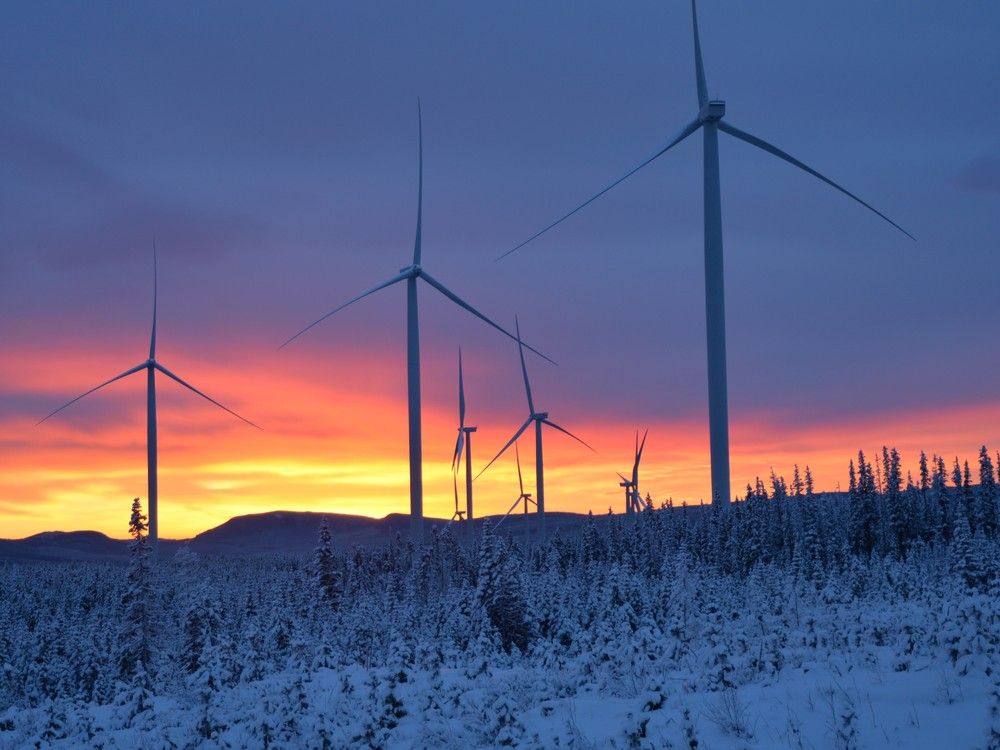
Ten projects in B.C. Hydro’s 2024 call for independent power proposals have cleared a regulatory hurdle with the B.C. Utilities Commission’s acceptance of their energy purchase agreements with B.C. Hydro.
Hydro unveiled the successful bidders, one solar power project and nine wind farms with the capacity to produce more than 4,800 gigawatt hours of electricity per year, last December, subject to a review by the commission.
Proceedings in the commission’s review, which were extended several times for Hydro to address comments around the adequacy of consultation with First Nations, concluded July 8.
The review panel came back with its decision this week that “the energy purchase agreements are in the public interest,” under terms of the commission’s legislation.
The province has promised to expedite the renewable projects, all 10 are included in its Bill 14 legislation that exempts renewable energy projects from full environmental assessments. The next step, however, will be detailed permitting with the province in a process being overseen by the B.C. Energy Regulator.
The panel, in its decision signed by commissioner Tom Loski, said full details of the contracts were held as confidential, but the deals reflect 30-year terms with average prices of $74 per megawatt hour.
“The BCUC viewed B.C. Hydro’s 2024 call for power to be a fair, transparent and competitive process for procuring additional energy required to meet B.C. Hydro’s customer needs,” the panel wrote in its decision, and “found the price of the energy reasonable.”
Hydro, in a statement in response to the decision, said the projects represent between $5 billion and $6 billion in capital investment expected to create up to 1,500 jobs, with “significant First Nations ownership” in the 10 projects.
“This reflects B.C. Hydro’s dedication to economic reconciliation and building strong relationships with Indigenous communities,” Hydro wrote in its statement.
The commission panel said in its decision that it assessed the consultation process Hydro engaged in with First Nations and found that the utility “had adequately consulted” with Indigenous communities.”
However, there are at least three instances where a First Nation’s land claims overlap with those of the First Nations with equity partnership and where their leaders have complained Hydro’s consultation efforts have been inadequate. Those will need to be accommodated during the detailed permitting process.
Hydro, in a statement responding to questions in a previous story, said it expects that proponents of the 10 independent power projects have factored both the permitting process and First Nations consultation into their project schedules.
In total, the amount of electricity from the 10 projects would be enough to power almost 500,000 homes. Hydro is aiming to add 700 gigawatt hours of power per year before 2029, with the balance to be online by 2033.